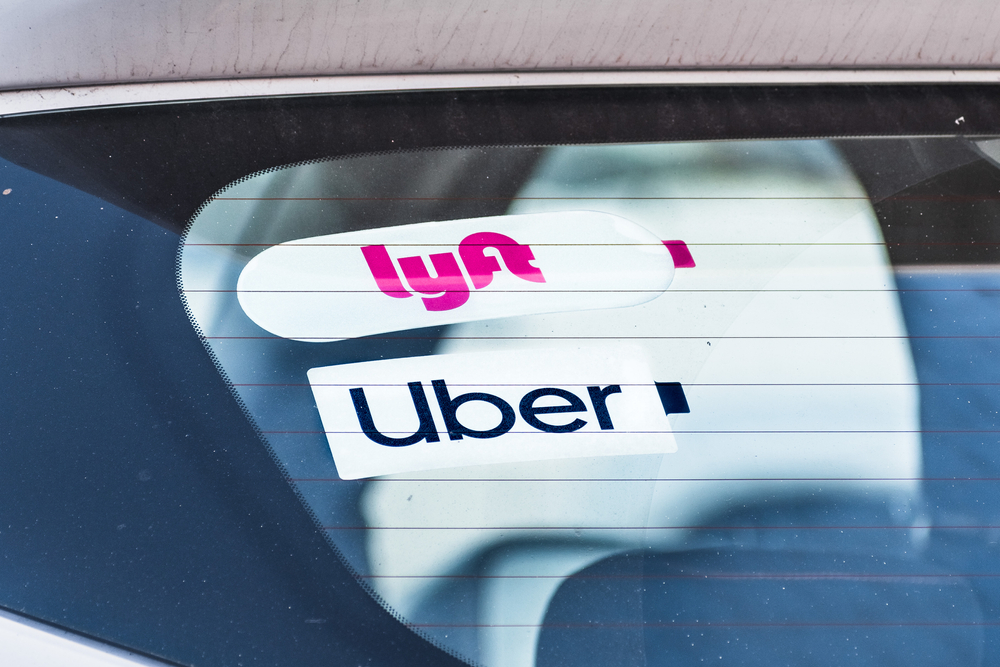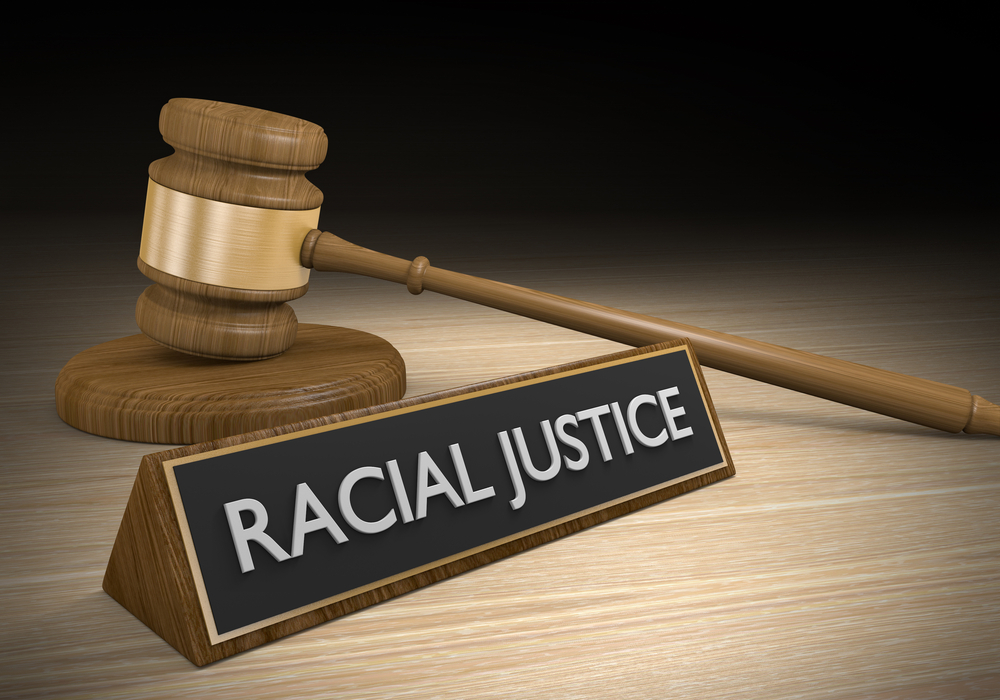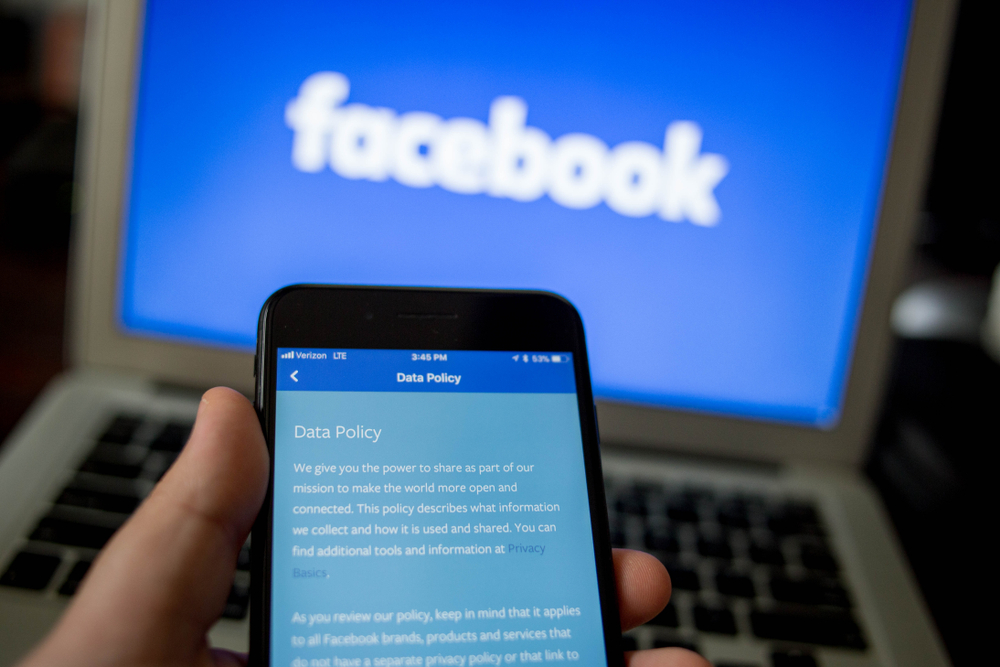After a long-fought battle, a New York judge recently gave contract drivers for rideshare companies Uber and Lyft the right to receive unemployment benefits. That state has 45 days to clear up the backlog of claims for these gig workers.
They are not the only people denied unemployment benefits amid the COVID-19 pandemic. Even though Congress, in the CARES Act, included contract and gig workers, that additional $600 a week many received ran out at the end of July. Many continue to struggle financially and are seeking government help.
Uber and Lyft drivers sued the state of New York and won the right to be treated like other workers when it comes to receiving state unemployment benefits. Uber and Lyft had long fought this, maintaining that drivers are not employees, but independent contractors. That would make them ineligible for standard employment protections like unemployment insurance. Uber did back federal unemployment for gig workers, though.
RELATED: Divorce spiking during pandemic
RELATED: Businesses find insurance doesn’t cover pandemic
“The companies have gone to elaborate lengths to prosecute this argument, including spending tens of millions of dollars on a ballot measure that would exempt their drivers from a California law that effectively classifies them as employees,” the New York Times reported.
“In her ruling, Judge LaShann DeArcy Hall appeared to come down firmly on the side of drivers in this broader debate, citing ‘an avoidable and inexcusable delay in the payment of unemployment insurance.’ The ruling resulted from a lawsuit filed in late May by drivers and an advocacy group called the New York Taxi Workers Alliance, who argued that the state was taking months to pay unemployed drivers while typically processing benefits for other workers in two to three weeks.”
Under that recent ruling, the judge gave the state of New York’s Department of Labor seven days to convene and train a group of a few dozen staff members to identify backlogged claims by drivers who sought “reconsideration” after being told they were ineligible.
Uber response
An Uber spokesperson said the company fought for driver rights to get federal unemployment.
“Our current employment system is outdated and unfair because it requires that employees get benefits and protections, while independent workers who choose flexible work don’t,” said Uber spokesperson Alix Anfang. “We fought for all workers to receive unemployment benefits in the CARES Act, we provided all data the NYDOL (New York Department of Labor) requested so they could give independent workers financial assistance, and we will continue to fight for all workers to get financial support — not just those doing a certain type of work.”
In a letter to President Donald Trump and congressional leaders in March, Uber CEO Dara Khosrowshahi wrote that any economic stimulus should include “protections and benefits for independent workers, not just employees.”
“My goal in writing to you is not to ask for a bailout for Uber, but rather for support for the independent workers on our platform and, once we move past the immediate crisis, the opportunity to legally provide them with a real safety net going forward,” he wrote.
Lyft did not reply to a request for comment.
Before the Coronavirus Aid, Relief and Economic Security, or CARES, Act was instituted, state rules alone determined who could receive unemployment benefits. Generally, a person must be out of work through no fault of their own, be able and ready to work and meet the state’s minimum wage requirement or job tenure to qualify.
Unemployment benefits are considered temporary wage replacement. Employers pay unemployment insurance.
“While applying for unemployment benefits is generally a one-step process for traditional salaried workers receiving a W-2, it’s become a two-step process for the self-employed, gig and other workers in most states, according to experts,” CNBC reported.
“It’s a bit of a mess,” Stephen Wandner, a labor economist and senior fellow at the National Academy of Social Insurance told CNBC. “Congress was trying to do the right thing for this population,” he said, referring to contract workers. “But there was no simple way to do it. This is a complex system and people will have great difficulty with it.”
Robert Asaro-Angelo, the commissioner of the New Jersey Department of Labor and Workforce Development, said the first step is to get denied at the state level.
“The law clearly says this is for individuals who would otherwise have been ineligible,” he told NJ.com. “No matter what, the first step is going to be to go through the denial process.”
The second step is to appeal that decision, so workers could gain access to the federal $600 unemployment benefit. Congress is now debating a new benefit for those still out of work.
The CARES Act helped some
On March 18, President Donald Trump signed the Families First Coronavirus Response Act, providing additional flexibility for state unemployment insurance agencies and adding administrative funding to respond to the pandemic.
Then on March 27, the president signed the CARES Act, giving states the option of extending unemployment compensation to independent contractors and other workers not typically eligible, the U.S. Department of Labor states.
To receive unemployment insurance benefits, out-of-work individuals must file a claim with the unemployment insurance program in the state where they worked.
But what happens if you are denied or simply cannot get through a complicated unemployment system? It may be time to contact a lawyer.
When to contact a lawyer
“If your claim is denied, you should seriously consider hiring an unemployment attorney to file your appeal and represent you at your administrative hearing,” Lawyers.com states on its website. “A lawyer can sort through all of the evidence, formulate legal arguments, and present the strongest case on your behalf. In addition, a lawyer can be essential if you have both an unemployment claim and grounds to file a lawsuit against your employer. For example, if you were fired in violation of federal anti-discrimination laws, you’ll not only be entitled to unemployment but also have a wrongful termination claim.”
Many unemployment lawyers will work on a contingency fee basis. That means the client does not pay until the lawyer wins the case.
Once a claim is appealed, a legally binding evidentiary hearing will follow during which testimony will be taken under oath, witnesses can be cross-examined and evidence and legal arguments are presented.
For those who choose to appeal for unfair denial of unemployment benefits, their former employer will likely be represented by a lawyer and those appealing should consider the same.














